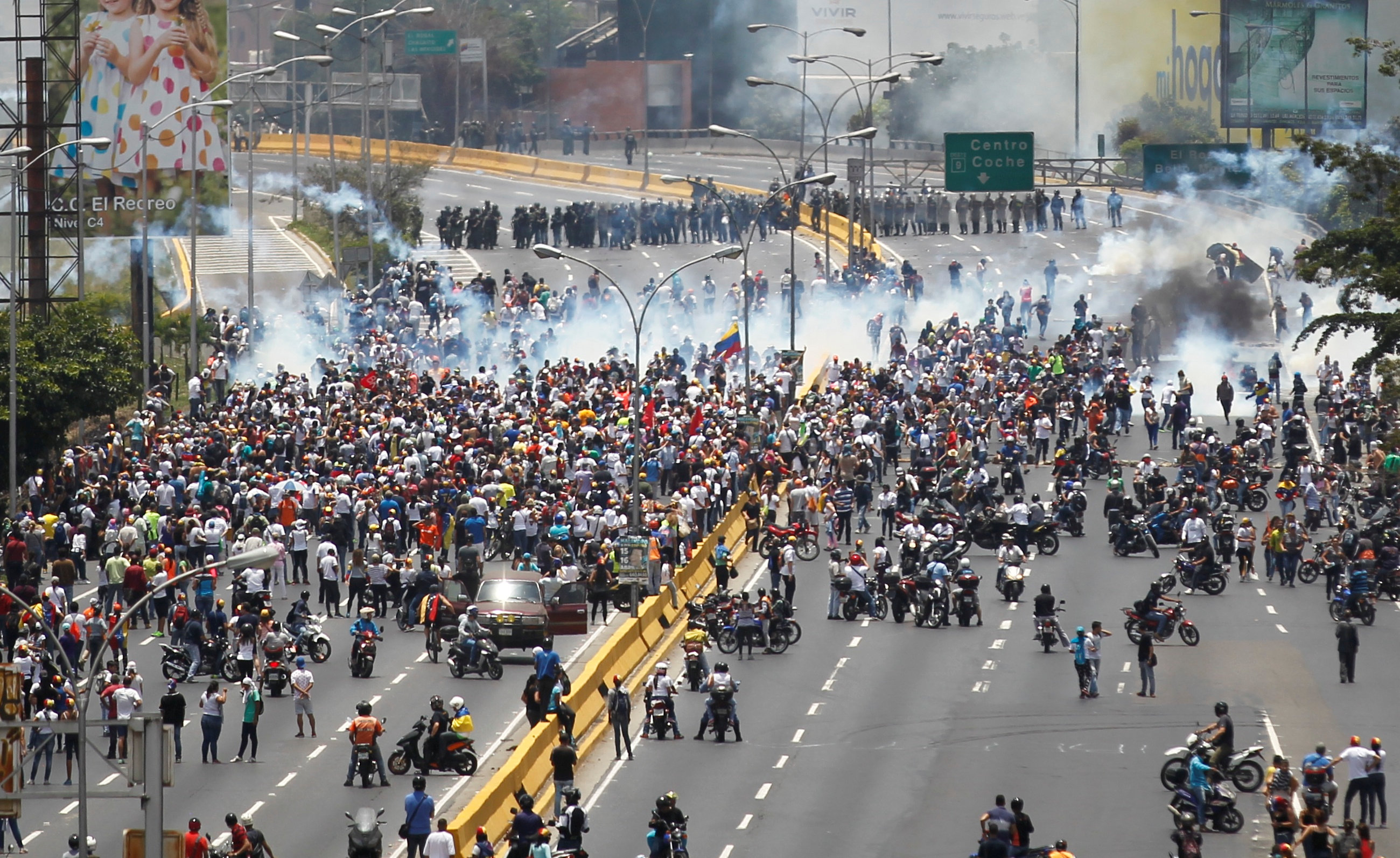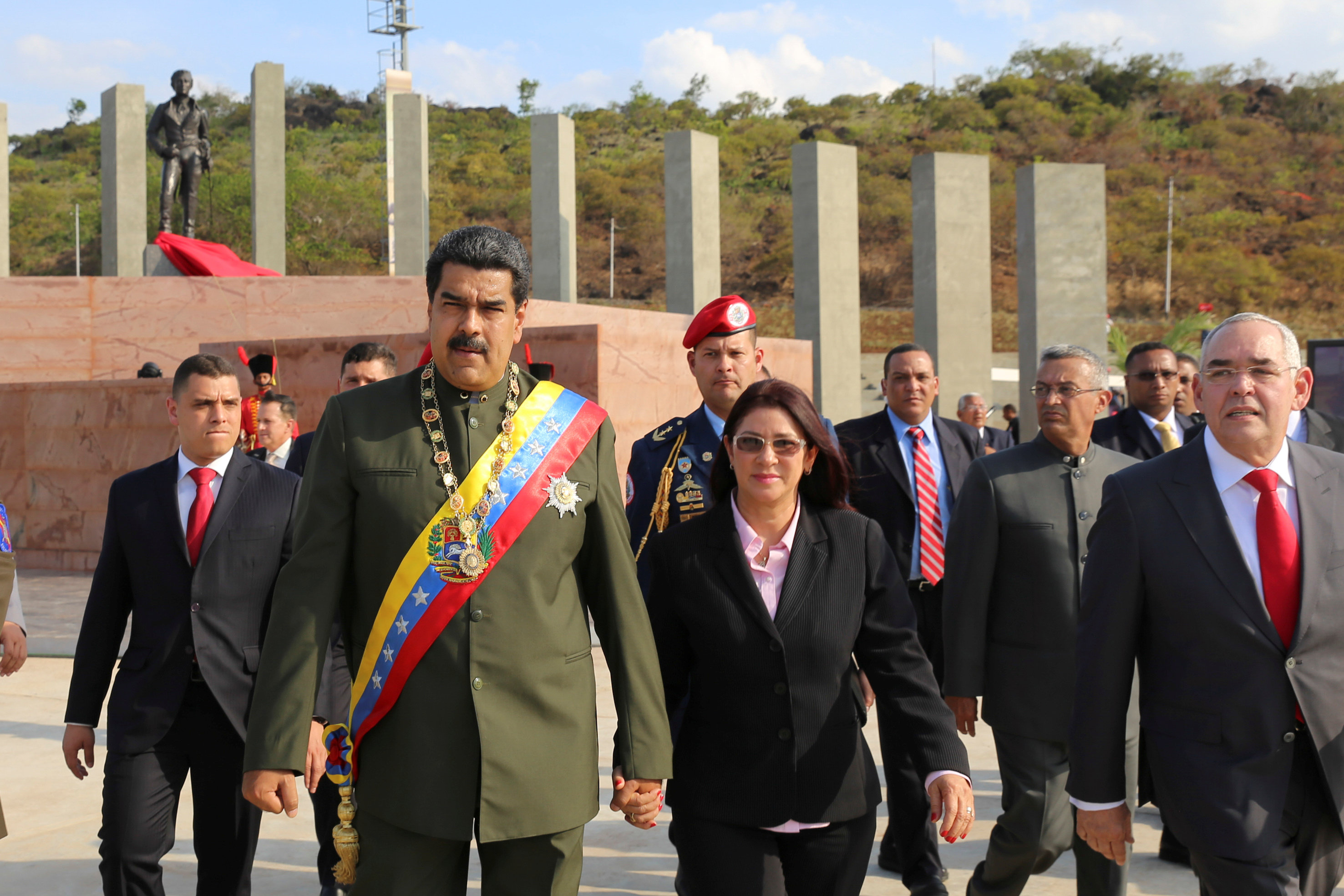
By Olga Sichkar, Jack Stubbs and Gleb Stolyarov
UFA/SARANSK Russia (Reuters) – Voters across Russia handed a sweeping victory to President Vladimir Putin’s allies in a parliamentary election on Sunday. But in two regions Reuters reporters saw inflated turnout figures, ballot-stuffing and people voting more than once at three polling stations.
In the Bashkortostan region’s capital Ufa, in the foothills of the Urals, Reuters reporters counted 799 voters casting ballots at polling station number 284. When officials tallied the vote later in the day, they said the turnout was 1,689.
At polling station 591 in the Mordovia regional capital of Saransk, about 650 km south-east of Moscow, reporters counted 1,172 voters but officials recorded a turnout of 1,756.
A Reuters reporter obtained a temporary registration to vote at that station, and cast a ballot for a party other than the pro-Putin United Russia. During the count, officials recorded that not a single vote had been cast for that party.
Election officials at the stations denied there were violations or count irregularities.
It is unlikely that any irregularities at these polling stations would have been on a scale that could have affected the result.
The incidents are only a narrow snapshot of what was happening across Russia’s 11 time zones and thousands of polling stations on an election day that was a test of whether support for Putin and his allies had held up despite a recession and Western sanctions. Reuters was unable to assess independently if such practices were widespread.
Reuters sent reporters to a random sample of 11 polling stations across central and western Russia on polling day, including in and around Moscow.
At three of them, there were large discrepancies between the number of voters Reuters reporters counted, and the number that officials recorded. At four of the other eight, there were also some irregularities, including smaller discrepancies in the voter tallies and people saying they had been paid or pressured to vote.
Ella Pamfilova, chairwoman of Russia’s Central Election Commission, told news briefings that the vote had been more transparent than the previous election, citing the use of live webcams in some polling stations.
She said the webcams had shown some cases of vote-rigging, and that they would be investigated. But she said no one had brought the commission concrete evidence of large-scale fraud.
After the last parliamentary election in 2011, which was also won comfortably by the pro-Putin United Russia party, allegations from opposition activists of widespread electoral fraud prompted large protests in the capital Moscow.
The Central Election Commission did not respond when asked by Reuters to comment on the incidents seen by reporters. Requests for comment sent to the regional election commissions for Bashkortostan and Mordovia also received no replies.
Sunday’s election was “far from anything that could be called free and fair”, Golos, a non-governmental organization that monitors Russian elections, said in a statement. “The results … of the monitoring show the practice of using illegal techniques continues.”
It said its conclusions were based on information collected by observers it posted to polling stations in 40 out of more than 80 Russian regions. It said violations reported by the observers included ballot-stuffing and people voting more than once.
VOTING TWICE
Putin, a leader many Russians credit with standing up to the West and restoring national pride, cemented his supremacy over the country’s political system when the ruling United Russia party took three-quarters of the seats in parliament, paving the way for him to run for a fourth term as president.
Latest official results from the election put the party he founded 16 years ago on 54.2 percent of the vote, with the closest runners-up far behind. Turnout was 47 percent, much lower than the last parliamentary vote.
Election officials collate two sets of turnout figures – one that includes only people who showed up at a polling station in person to vote, and a second, larger figure, that also includes votes cast at home by disabled voters. In order to make a direct comparison, Reuters compared its own count of voters with the first official figure, for people who voted in person.
On polling day, Reuters reporters operated in teams, with at least one person staying inside each station from the start of voting until the end of the count.
In Mordovia’s capital Saransk, a man dressed in a sports jacket and dark blue trousers came into polling station 591 to cast his vote, then came back again 20 minutes later and was seen once again putting his vote into the ballot box.
Asked why he came back a second time, he had no clear explanation, saying only that his wife had his keys so he could not get into his home.
Election officials at the polling station declined to explain why people were allowed to vote twice.
A woman with dyed orange hair, and a blonde man with a beard, turned up together at polling station number 424 in the village of Atemar in Mordovia, and a Reuters reporter saw each of them vote.
An hour later, they were back, and joined the queue to vote again. Asked to explain why, the woman said she was accompanying her husband who had not voted. Election officials issued the husband with another ballot paper before telling the reporter to move away from the ballot boxes.
In Atemar, reporters counted 669 voters at polling station number 424 while officials counted 1,261.
The station’s chief election official, Svetlana Baulina, brought in about 10 ballot papers wrapped up in a red raincoat, and mixed them up with other ballots being counted on a table.
Baulina declined to comment when asked why she had carried in ballots in a coat.
‘NO VIOLATIONS’
At all three locations where Reuters found large discrepancies in turnout figures, United Russia was the overwhelming winner in the official count.
In Saransk, when asked about the gap between the turnout counted by Reuters reporters and the official figure at station 591, local election chief Irina Fedoseyeva said: “You’re also human, you can make mistakes too.”
When asked about why the reporter’s vote for a party other than United Russia did not register in the official count, she said the reporter could recount the vote himself if he didn’t believe the result.
“If this is how things have turned out, then that’s how it’s turned out,” she said.
Election official Baulina at Atemar’s polling station 424 said of the discrepancy there: “We don’t know how you counted. Might the button (of a count clicker) get stuck?”
At station number 284 in Bashkortostan’s Ufa, election chief Fairuza Akhmetziyanova said: “We had no violations.”
Officials at polling station number 285 in Bashkortostan refused to let a Reuters reporter in, citing the need to obtain permission from local authorities. There is no such requirement for international media under Russian election rules.
During the count at polling station number 591 in Saransk, election officials drew a line on the floor in chalk and told a Reuters reporter not to cross it.
In the Bashkortostan village of Knyazevo, officials at polling station 62 ruled that the Reuters reporter should be removed after concerns were raised with them about the reporter’s mechanical counter by a voter identified as A.Z. Minsafin in a document drafted by the officials.
That voter said the reporter was making “strange manipulations” with an object which “could testify to the presence of an object of radioactive nature, which is a threat to health and life”, according to the document.
The ruling to remove the reporter was not enforced.
(Reporting by Svetlana Burmistrova in Bashkortostan, Vladimir Soldatkin and Alexander Winning in Mordovia, Andrei Kuzmin, Kira Zavyalova, Denis Pinchuk in Velikiye Luki, Anton Zverev, Darya Korsunskaya and Anastasiya Lyrchikova in Aleksin, Zlata Garasyuta, Anastasia Teterevleva, Natalya Shurmina and Maria Tsvetkova in Moscow; Writing by Maria Tsvetkova and Christian Lowe; Editing by Pravin Char)












